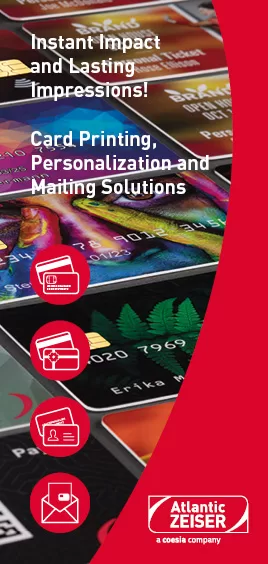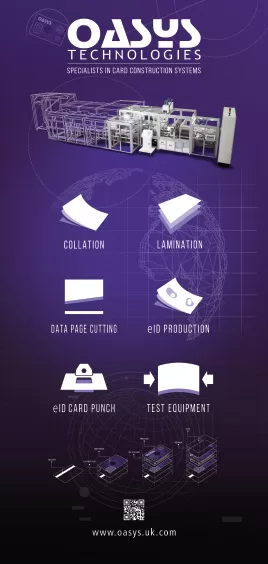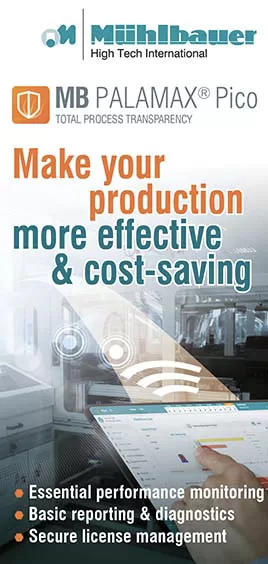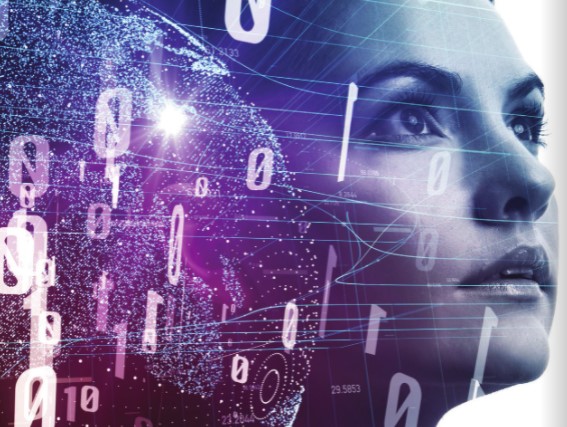
by Jennifer Kohlhepp | CM Magazine Featured
How Will Quantum Computing Impact the Card Industry?
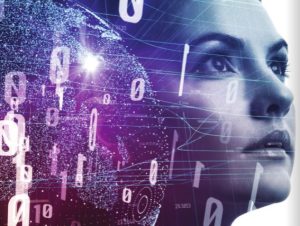 By Jennifer Kohlhepp, Managing Editor, ICMA
By Jennifer Kohlhepp, Managing Editor, ICMA
Although it is difficult to understand, quantum mechanics is the most successful scientific theory that has ever been created and it has completely transformed our view of the world, according to Jörg Fischer, Innovations, Bundesdruckerei GmbH.
“All about tiny particles, quantum mechanics is a fundamental theory in physics that can be used to explain the micro world,” Fischer said. “It attempts to describe and account for the properties of molecules and atoms and their constituents—electrons, protons, neutrons and other more esoteric particles such as quarks and gluons.”
Some of the fundamental phenomena of quantum mechanics needed for quantum computers are quantum superposition, entanglement, tunneling and fragility.
Superposition means that two (or more) states can exist together. It is the power to be a wave and a particle at the same time. Light has particle and wave properties, and the two states can exist simultaneously.
Entanglement means properties of two systems remain correlated even after they are separated. They can still change one another as if they are still connected. “Albert Einstein called it spooky action at a distance,” Fischer said. “Maybe entanglement is like the bond between a mother and child.”
Tunneling is the power of a particle to move through a wall even though it does not have the energy.
Fragility means that observation affects reality, results are probabilistic and measurements are destructive.
“These ‘superpowers’ will be used in quantum computers, which are exponentially more powerful than classical computers,” Fischer said.
Richard Feynman and his colleagues formulated the first theory on quantum computing in 1982.
“In contrast to classical computers where a bit can be either 0 or 1, quantum computers will use qubits, which can be 0 and 1 at the same time (multiple states at once),” Fischer said. “Superposition and entanglement enable qubits to compute huge amounts of data (300 qubits can calculate more states than there are atoms in the universe).”
Quantum computers are still very complex systems (approximately 10 feet by 10 feet in size) that often operate at -273.2 degrees Celsius. They have to repeat calculations in order to get results and cost several tens of millions of dollars to operate.
“In the news, Google claims quantum supremacy is coming and that they can do in minutes what would otherwise takes thousands of years with a classic computer,” Fischer said. “I think within three years, we will have a quantum computer dealing with 1,000 qubits.”
What impact will quantum computers have on card security?
Quantum computers could break common cryptography, which relies on mathematical problems difficult to solve. These computers could break the encryption of banking cards, ID cards, passports, etc.
“The Diffie Hellman algorithm, RSA and elliptic curve cryptography will all be unusable,” Fischer said. “We need something else in order to solve this problem.”
The good news is quantum computer-safe crypto algorithms already exist as post quantum cryptography, which is secure against attacks from quantum computers. Future systems need cryptographic agility and dynamics and different algorithms for different applications.
“Cryptographic algorithms are the future security features,” Fischer said. “The standardization of post-quantum cryptography is underway at IEEE, ANSI, ETSI, NIST and ISO. Why are we so active at Bundesdruckerei? Because the time is running. Although many are working on standardization, it takes time and it is needed for a secure future.”
Quantum effects can be used for new cryptographic methods. Encrypting a decryption needs keys that have to be securely transmitted. Quantum key distribution relies on quantum entanglement for the key exchange, which was already demonstrated in 2017. Entangled photons can be used to transmit the key.
Bundesdruckerei has several ongoing projects. “In cooperation with CERN, we are researching future concepts for identity management and cryptography based on quantum mechanics,” Fischer said. “We are investigating post quantum cryptography for ID documents and standardization with PoQuID. PlanQK is a platform and ecosystem for quantum assisted artificial intelligence.”
